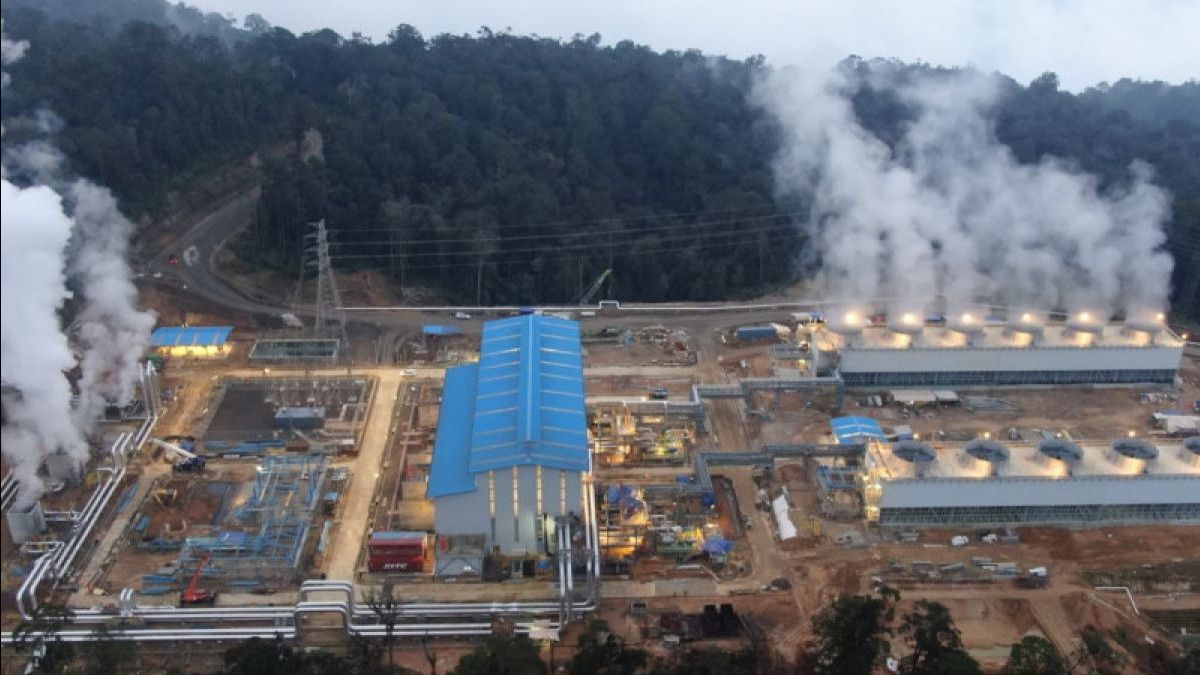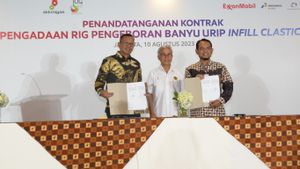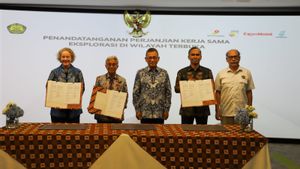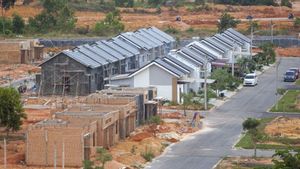JAKARTA - The Indonesian government is aggressively asking oil and gas business actors to implement carbon Capture, and Storage (CCS) and Carbon Capture, Utilization, and Storage (CCUS) technology.
The use of imi technology can reduce carbon emissions in mining activities as well as become a new business opportunity because carbon captured can be processed and sold on the Carbon Exchange.
SVP Business Development Exxonmobil Indonesia Egon van der Hoeven, said this technology was nothing new for them. Exxonmobil Indonesia implemented it several years ago in Indonesia and a number of countries such as Europe and America.
CCS di industri migas bukan hal baru, kami sudah melakukan hal ini di Banyu Urip sejak pertama kali didirikan. Yang baru adalah model bisnisnya, ujar Egon dalam PANEL SESSION 4: Carbon Solution to Achieve Sustainable Oil and Gas Operation di The 4th International Convention on Indonesian Upstream Oil and Gas (ICIUOG) 2023, Nusa Dua, Bali, Jumat, 22 September.
according to Egon, currently Exxonmobil is focusing on the CCS Hub Sunda-Asri, which is a sealine aquifer. The study conducted has the potential of 3 gigatons of CO2. The position of Sundanese-Asri is very good because it is surrounded by emission centers located in South Sumatra and Cilegon (banten). Thus, Sundanese-Asri can support decarbonization in these industries.
He added that the oil and gas industry used to store its own carbon from oil and gas production activities. But the new business model today is the process of capturing carbon produced from carbon-intensive industry, outside of upstream oil and gas activity. This means that not only the oil and gas sector applies this technology, but also other energy industries such as steam power generation activities (PLTU) and other industries that have exhaust gas in their operational activities.
SEE ALSO:
Seeing the government's commitment to implementing CCS/CCUS technology, Egon believes Indonesia has a good position to do this because Indonesia has the necessary skills such as competitive engineers, a mature and advanced oil and gas industry. "Indonesia must see how the potential of CCS can be realized immediately in the context of decarbonizing the energy and industrial sectors," he said.
Just so you know, a number of money countries have developed CCS/CCUS, apart from Indonesia, countries in the Asian region that have also developed include Singapore, Japan, and South Korea.
To support the development of CCS/CCUS, the Government has issued Minister of Energy and Mineral Resources Regulation Number 2 of 2023 concerning carbon storage which has regulated capture, utilization and carbon storage activities. Through this provision, it is hoped that it can reduce greenhouse emissions and pave the way for a greener future.
The English, Chinese, Japanese, Arabic, and French versions are automatically generated by the AI. So there may still be inaccuracies in translating, please always see Indonesian as our main language. (system supported by DigitalSiber.id)
















